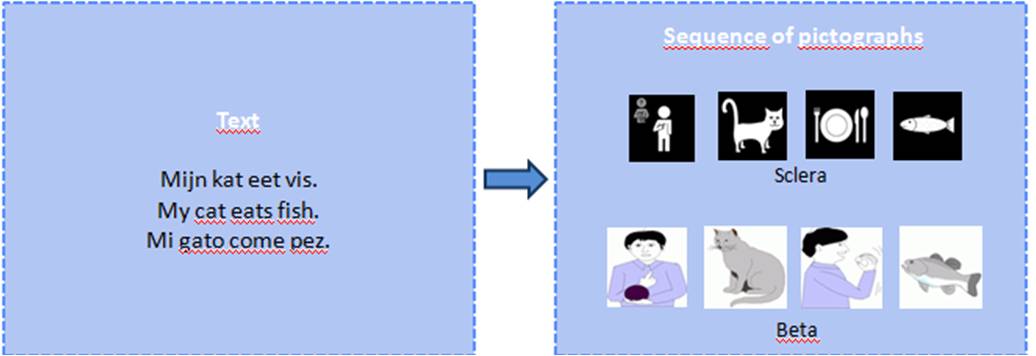KOLUMBA, a prototype e-mail for people with disabilities
KOLUMBA, a prototype e-mail for people with disabilities
Horacio Saggion and Daniel Ferrés, members of the Natural Language Processing research group, and collaborators, have presented the details of this system at the W4A International Congress held in Perth from 2 to 4 April, winning the award for the best communication.
The European project Able to Include was founded with the mission of creating open source ICT technology accessible for people with intellectual or developmental disabilities (IDD), in order to improve their capabilities and quality of life. One of the aspects in which this challenge has been achieved is the integration of these people thanks to having tools based on web accessibility.
One of the results of this European project involving the Natural Language processing research group (TALN) at UPF, has been the creation of KOLUMBA, a prototype of e-mail which incorporates a text simplifier along with other assistance technologies, such as pictograms that express written text and voice messaging, built from the User-centred Design Centre.
The details of the prototype are set out in a paper presented at the W4A (Web for All) conference, held from 2 to 4 April 2017 in Perth (Australia) the authors of which are Horacio Saggion and Daniel Ferrés, coordinator and member of the Large Scale Text Understanding Systems Lab of the TALN research group of the UPF Department of Information and Communication Technologies (DTIC), jointly with researchers from the Computational Linguistics Centre of Leuven (Belgium) and members of the Prodis Foundation of Madrid. The work was granted the award for Best Communication at the Congress.

The picture shows an example of how the tool is able to translate a text (Dutch, English or Spanish) to a sequence of pictograms. In this way, the prototype developed within the framework of Able to Include makes it possible for people with IDD to receive and send information through the Internet more effectively, understandably, and easily. This may, for example, directly affect their integration into the working world.
The authors of the prize-winning work have validated 30 items related with the design of the KOLUMBA prototype with the participation of 62 disabled people, potential future users of KOLUMBA. The results have been encouraging and the project is still developing, currently in its technology transfer phase, with the intention of extending its areas of application to the maximum number of beneficiaries possible.
In this sense, the project has seeks to adapt this technology to other social sectors that could benefit from simplification tools by means of ICT, mainly the elderly, people with dyslexia, etc. The authors estimate that only in the USA between 2 and 5 million people could benefit from this system.
Reference work:
Horaco Saggion, Daniel Ferres, Leen Sevens, Ineke Schuurman, Marta Ripolles, and Olga Rodriguez (2017). “Able to Read My Mail: An Accessible e-Mail Client with Assistive Technology” A: Web For All (W4A) 2017 – The Future of Accessible Work, Perth (Australia), April 2-4.
